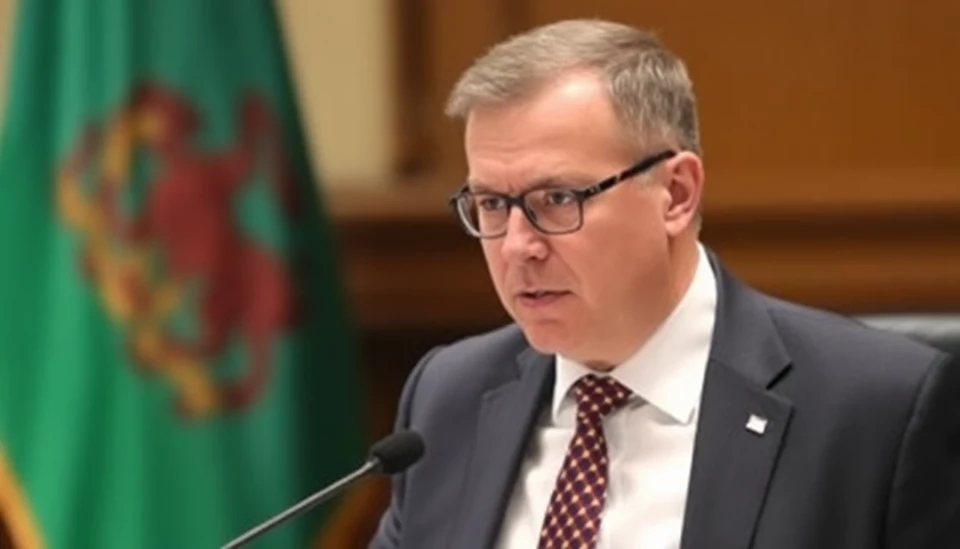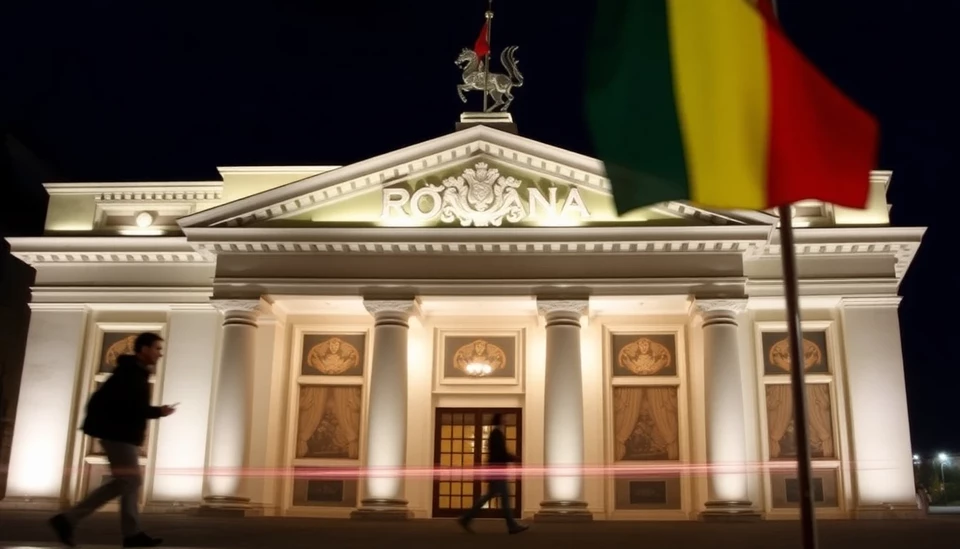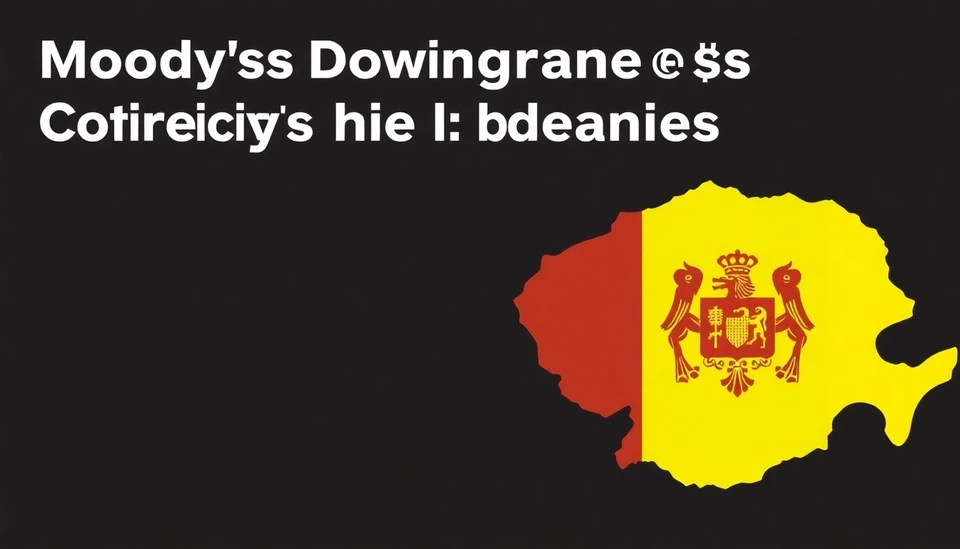
The National Bank of Romania (NBR) has opted to maintain its current benchmark interest rate, keeping it steady at 7% as the country grapples with the potential fiscal consequences stemming from recent elections. This decision underscores the central bank's cautious approach in the face of mounting inflationary pressures that could further complicate the economic landscape.
In a critical meeting, the NBR assessed the economic indicators in light of the 2024 elections, which are anticipated to have significant repercussions on government spending and fiscal policy. The central bank's Governor, Mugur Isarescu, emphasized the importance of stabilizing inflation rates and cited the current inflation level of around 6.1% as a concerning factor that warrants a careful monetary stance.
By holding the interest rate steady, the NBR aims to balance growth and inflation control amid a backdrop of increasing budgetary risks. Analysts had predicted this pause in rate hikes, especially considering the uncertain economic environment intensified by the electoral outcomes which may lead to expansionary fiscal measures. These measures could further escalate inflation and diminish the central bank's efforts to maintain price stability.
Moreover, the central bank foresees that external factors, such as energy prices and global economic trends, will continue to exert influence on domestic inflation. The ongoing conflict in Eastern Europe and fluctuations in energy supply chains have already complicated Romania’s inflation trajectory, making the NBR's decision to stand firm on rates even more crucial.
Adding to the complexity is the potential for the newly elected government to embark on initiatives that might prioritize immediate economic relief over fiscal prudence. The central bank has expressed a need for clarity regarding the government's fiscal strategy post-election, as ambiguities in policy direction can create further uncertainties for inflation forecasting.
In essence, Romania’s economic outlook remains delicate, and the NBR’s decision reflects a commitment to keeping inflation in check while monitoring the evolving fiscal landscape. With public sentiment likely leaning towards enhanced social spending, the dynamics of Romania’s economy will require close observation in the coming months as policymakers navigate these challenging waters.
As the country progresses with its electoral agenda, how the NBR manages its monetary policy in response to the new government's initiatives will be pivotal in shaping Romania's economic future.
In conclusion, while the decision to hold rates might provide some temporary relief, the underlying fiscal risks brought about by election outcomes will continue to loom large, demanding agile and responsive economic policies to safeguard against rising inflation.
#Romania #InterestRate #NationalBankOfRomania #Economy #Inflation #FiscalPolicy #Elections #MugurIsarescu
Author: Daniel Foster




